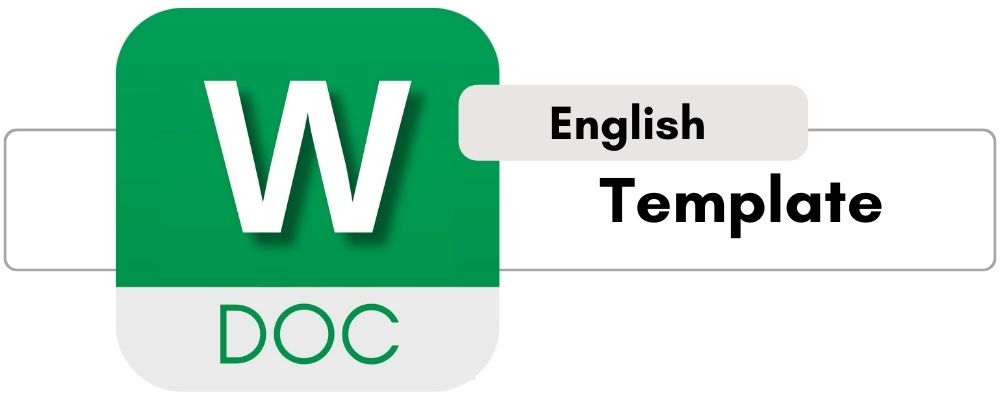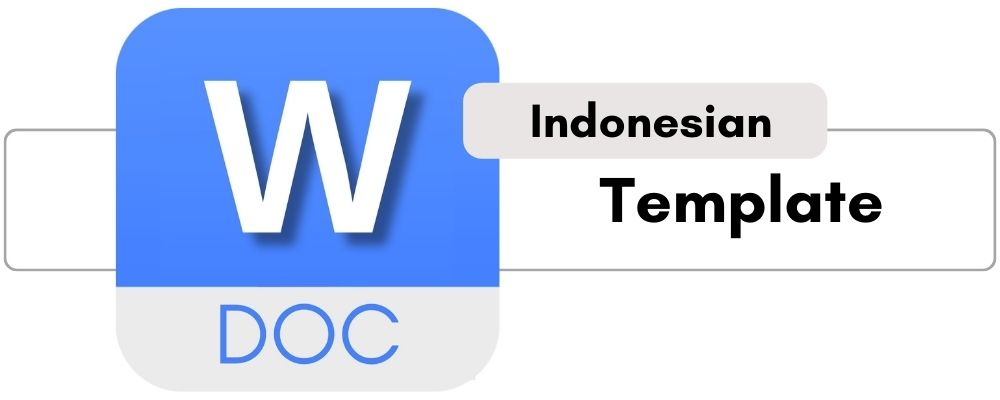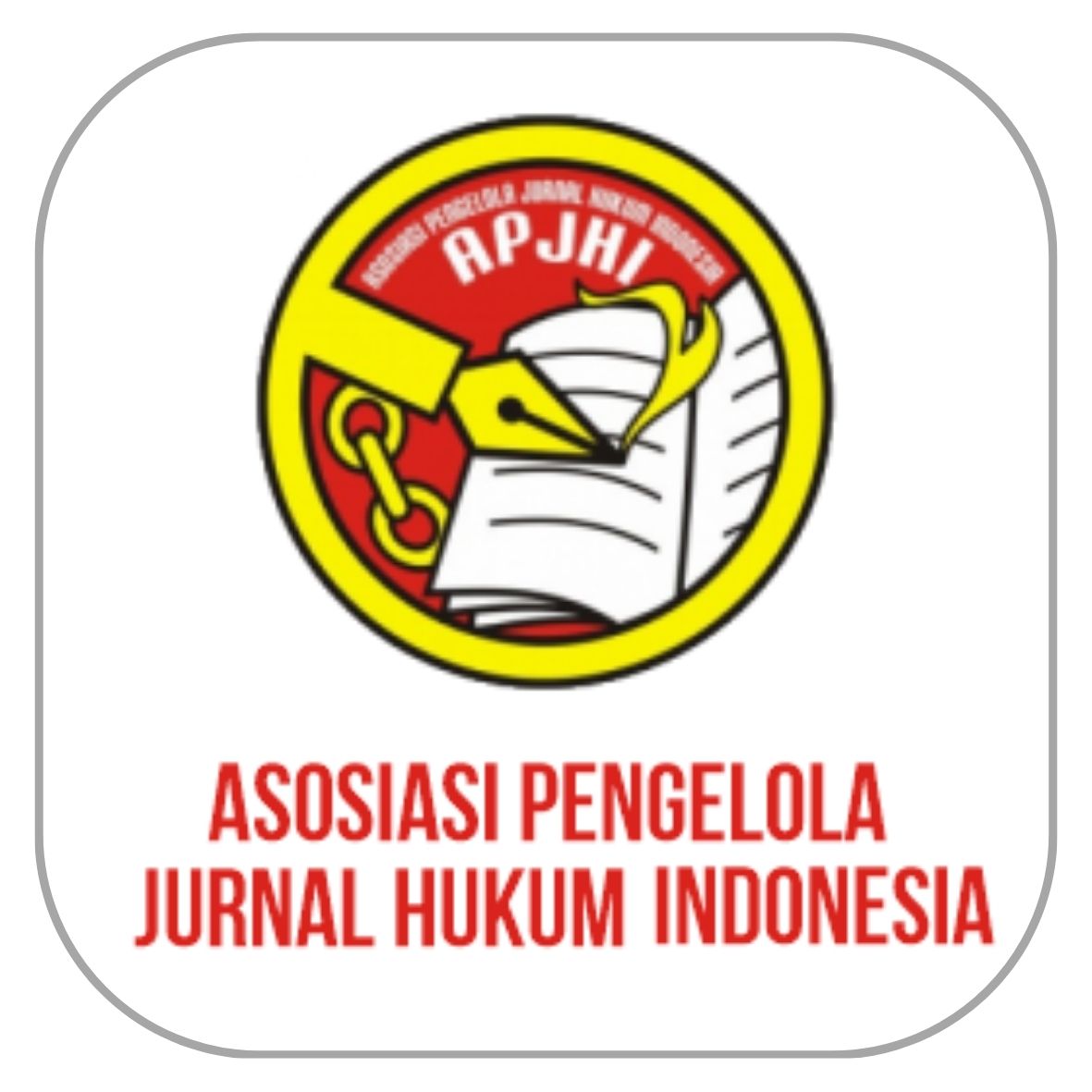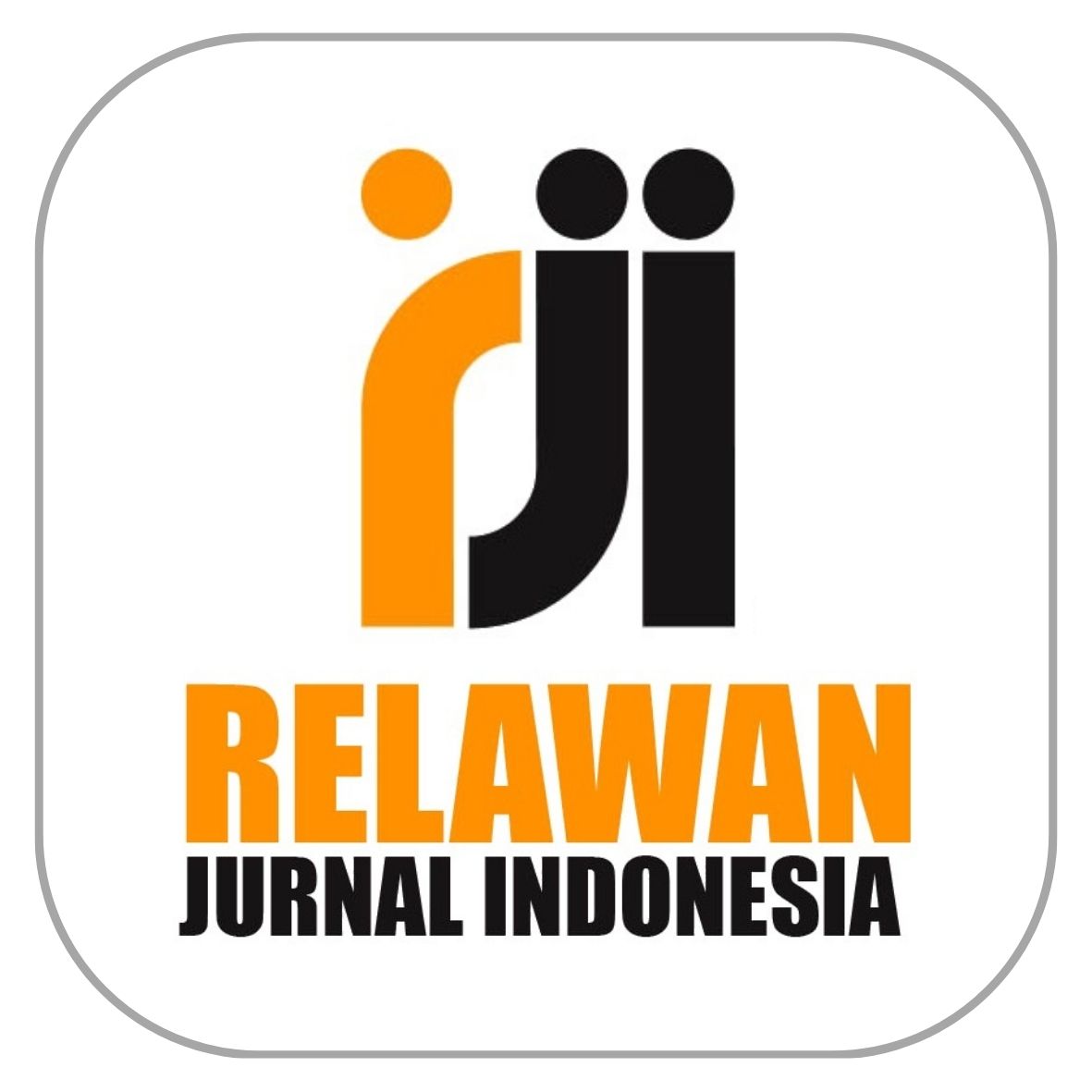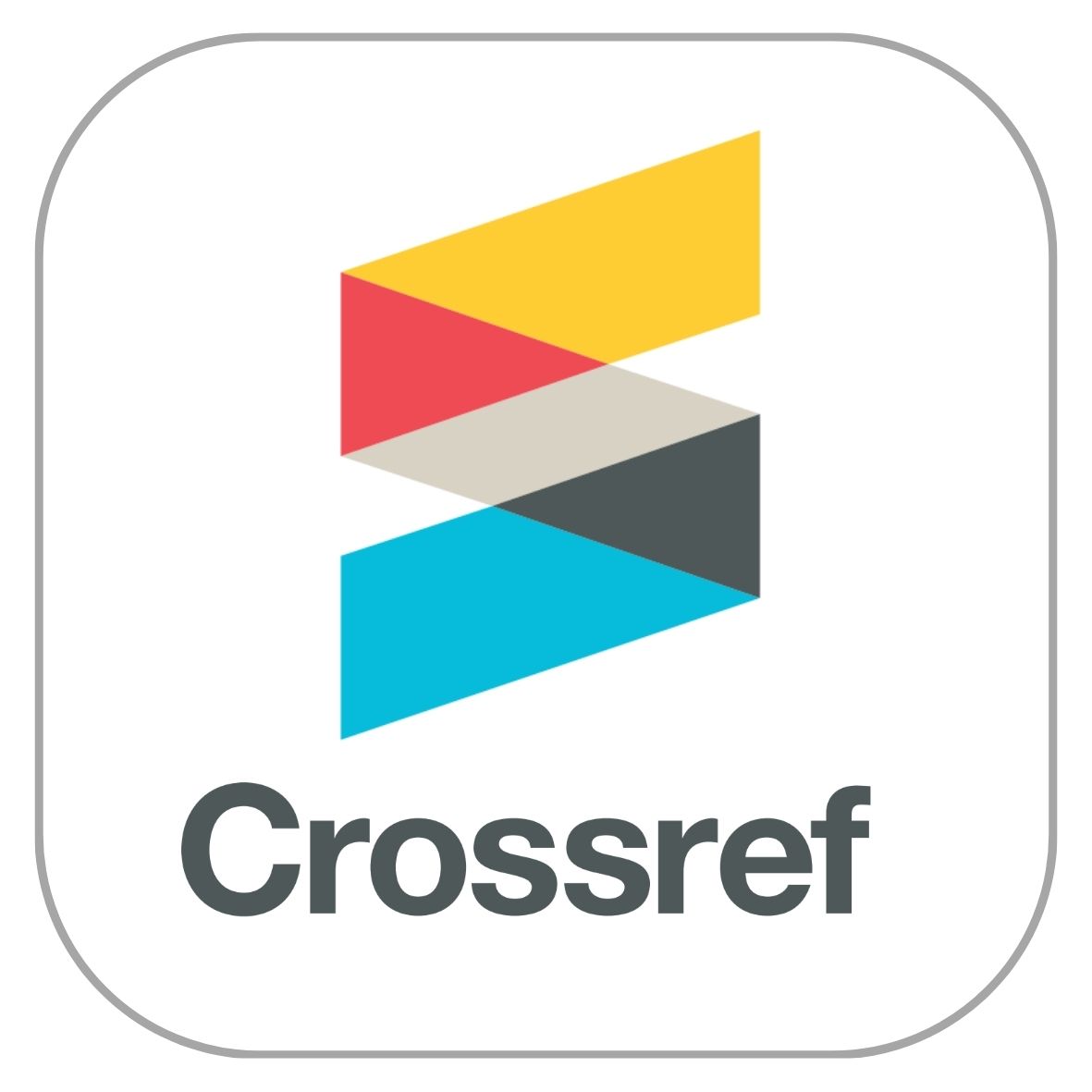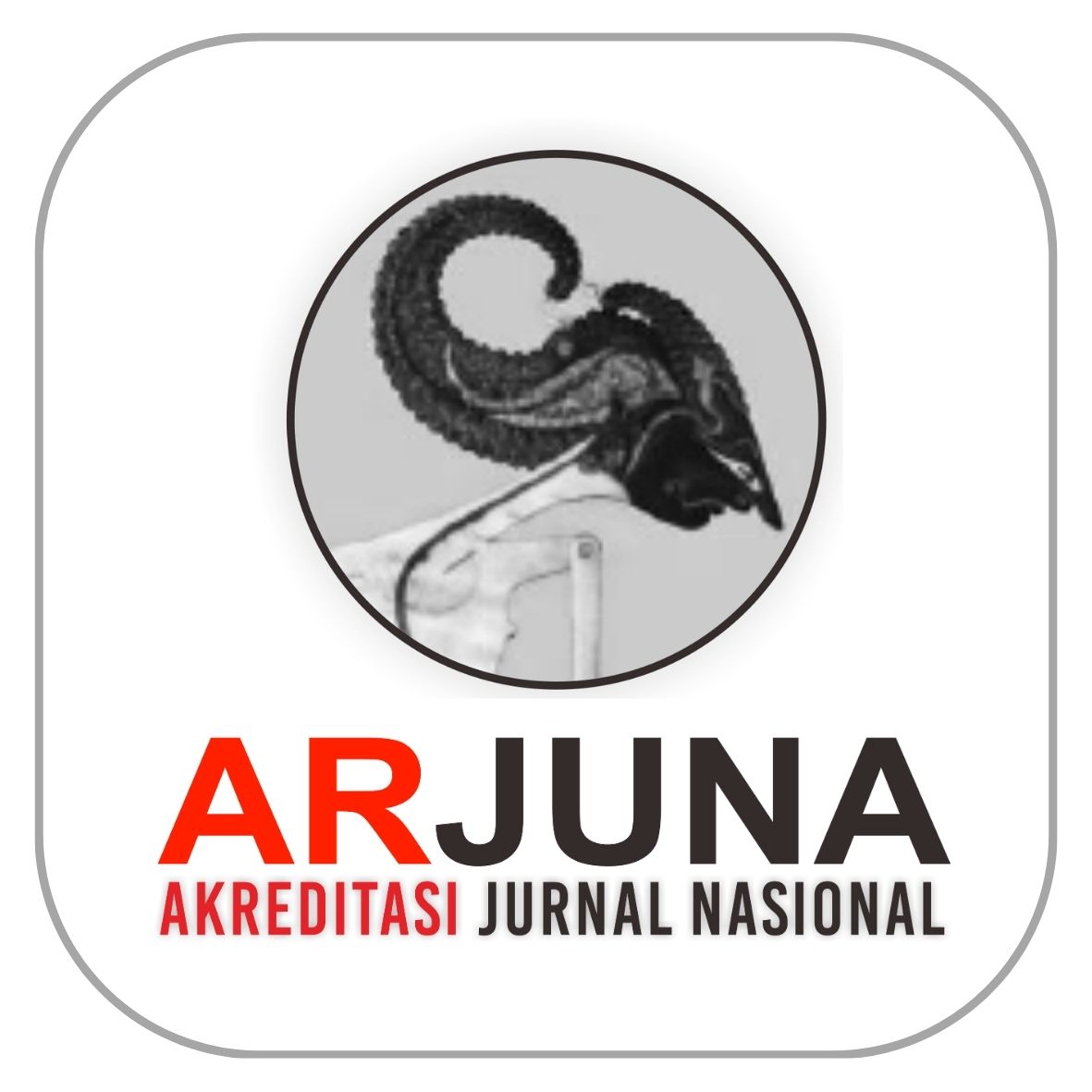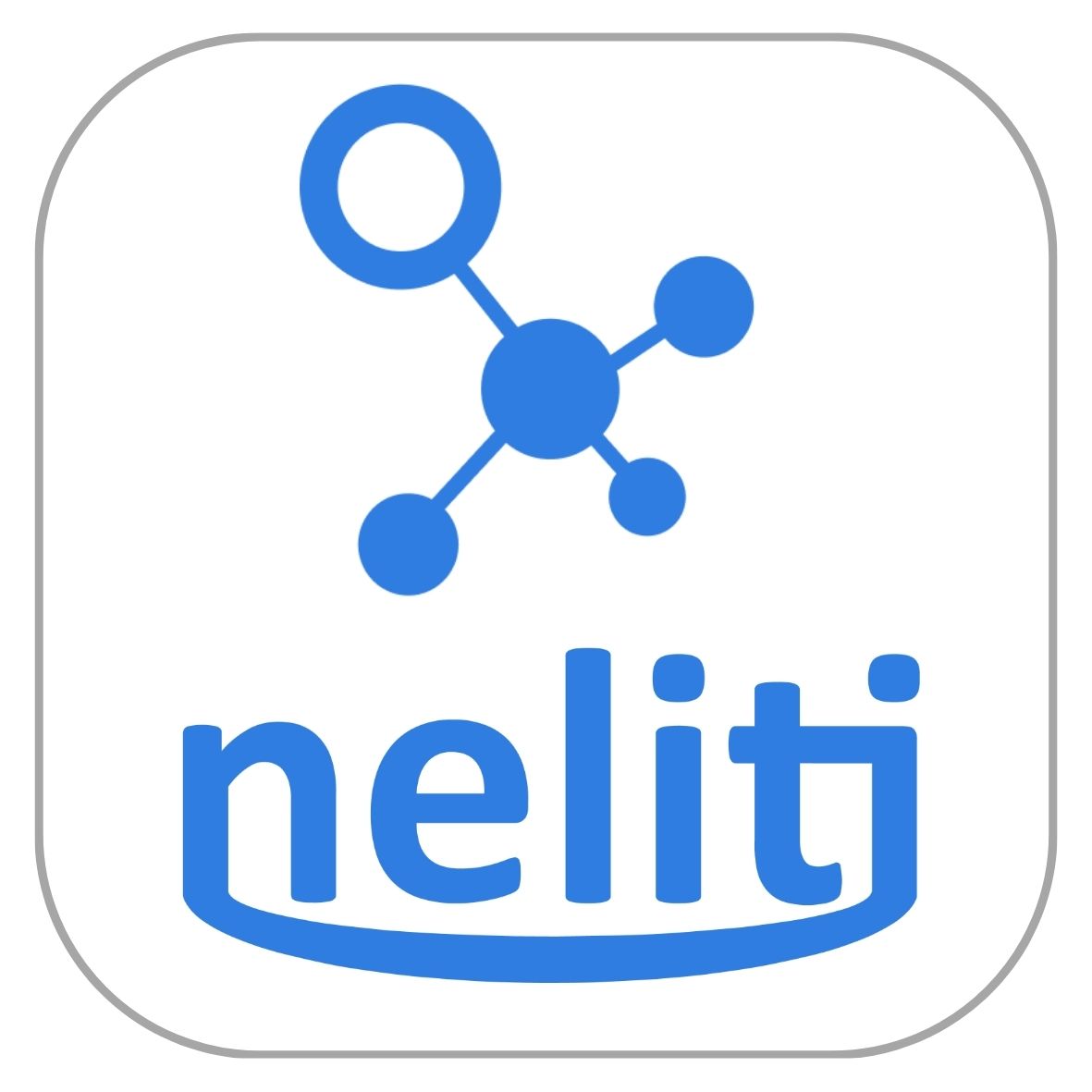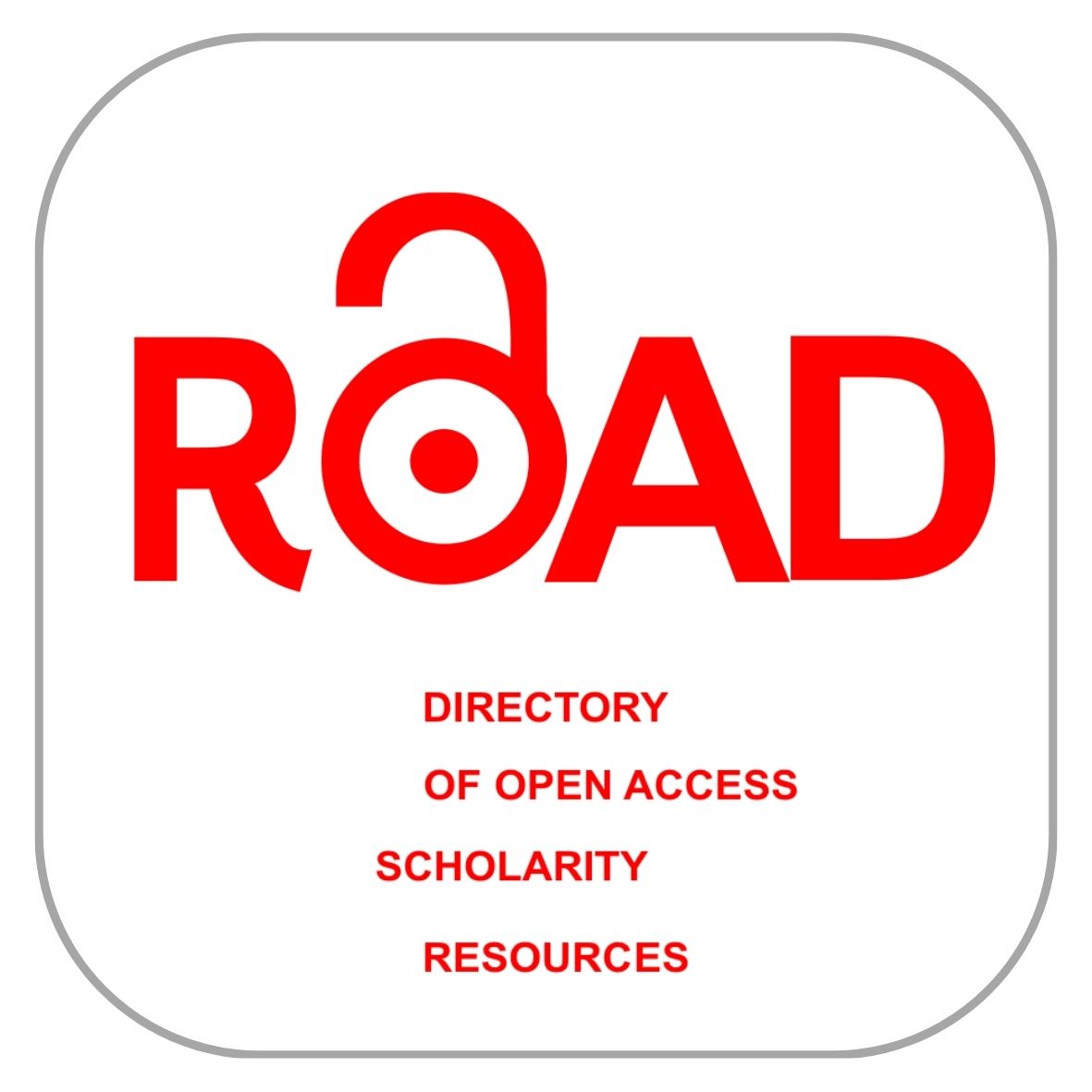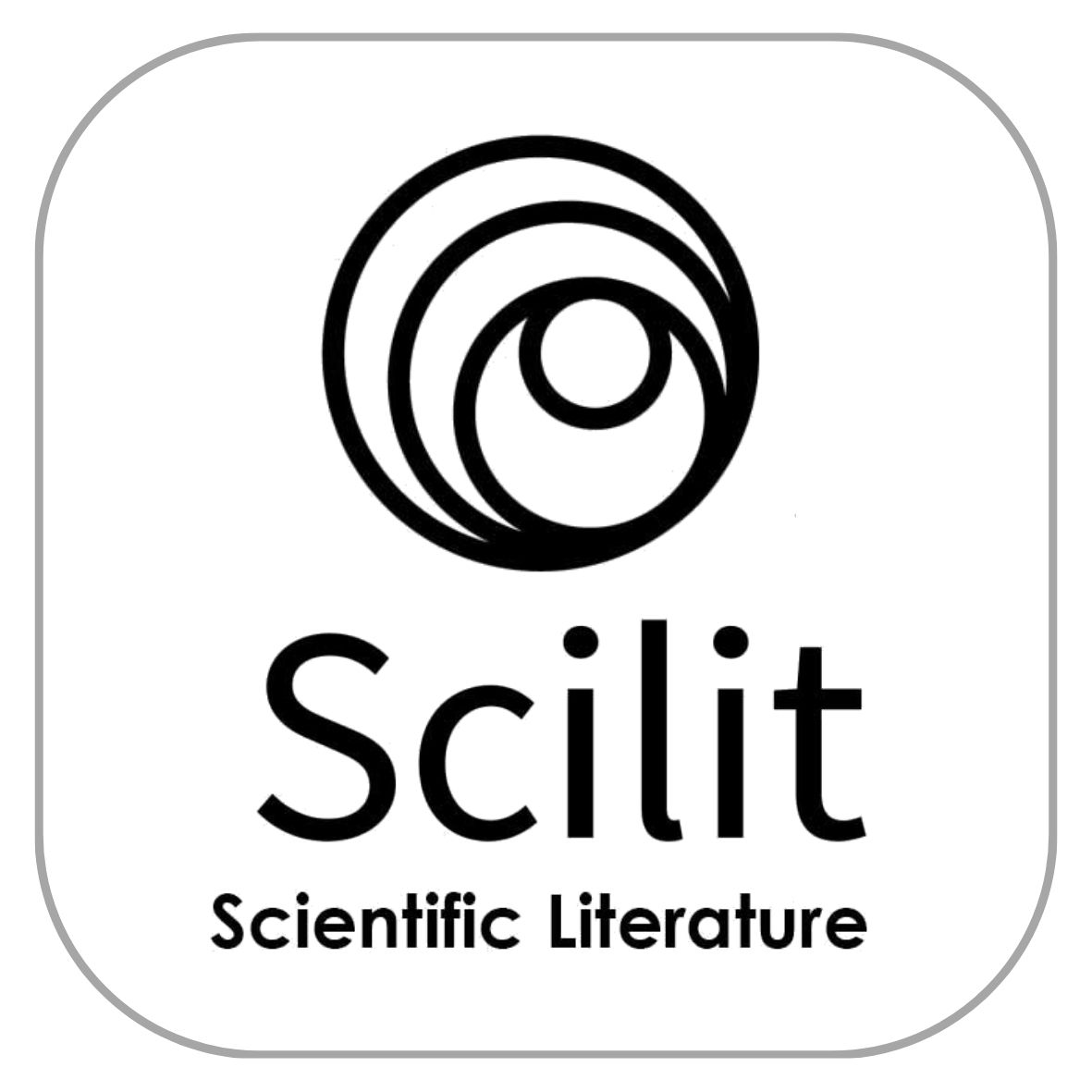Publication Ethics
Reformasi Hukum follows the guidelines established by the Committee on Publication Ethics (Committee on Publication Ethics - COPE-) in all matters related to the ethics of publication. Reformasi Hukum Journal adapts to meet the highest standards of ethics intended for editors, writers, and reviewers. Publisher does not have the right to interfere with the integrity of the paper and is only responsible for publishing regularly and on time.
For Editor
- Editor Party Must ensure that writers follow the procedures/rules of writing in the Journal of Scientific Law
- The Editor can communicate with the Journal Manager, Editor, and Reviewer other in taking the Final Decision.
- Editors should refuse assignments when there is a possible conflict of interest
- The Editor must provide manuscripts assess objectively without seeing aspects of nationality, ethnicity, political affiliation, ethnicity, race, religion, gender, seniority, or institutional affiliation author.
- Editors should refuse assignments when there is a possible conflict of interest.
- Decisions editors must be delivered to the author with responses Reviewer, except for responses that are personal or libelous.
- Editors should honor requests from writers who refuse individuals to evaluate manuscripts for reasons unacceptable.
- When the Editor finds or suspects a Violation of action writing and conflict authorship, editors can follow the guidelines in the flow diagram in resolving conflict COPE authorship.
- Editor and all staff must ensure the confidentiality of all the manuscripts received
For Reviewer
- Reviewers are asked to provide an assessment of the substance of the manuscript in accordance with the Focus and Scope Journal and provide recommendations on assessment.
- Reviewers are asked to provide comments on the manuscript if it is suspected find procedural mistakes in writing, publishing, and publishing ethics
- Reviewers can complete work on at a predetermined time and provide information to the editor if they are unable to meet the time limit specified.
- Reviewers must be able to be confidential manuscripts Authors.
- Reviewers should not accept manuscripts for appraisal, if potential conflicts of interest, both individually and collaboratively with any institution.
- Reviewers should ask for consideration from the Editor on the similarity of substance or overlap between the manuscript under consideration or the manuscript that was published more in common with the Author or other.
- Privileged information or ideas obtained through peer review must be kept confidential and not used for personal gain.
For Authors
- The author must ensure that the manuscript is original and not plagiarism.
- The author must ensure that the manuscript has not been published previously and has never been assigned the rights to the article to the other party.
- The author ensures that manuscript Send tends to the work itself and follows the standard rules in accordance with the format quoting the appropriate reference.
- The author must ensure that the manuscript is original and does not engage in plagiarism or automatic plagiarism and Self-Plagiarism.
-
Authors must follow the procedures established of Reformasi Hukum Journal.
-
The author does not send the manuscript together with the same topic and title to another journal.
-
Authors should be able to provide information and make research data-related details when the editor discovered the alleged doubts or falsification or plagiarism in the manuscripts.
-
If the author finds any errors or inaccuracies that affect the manuscript which has been sent, the writer must promptly notify the Editor to immediately withdraw the manuscript writing and repair.
-
The author is not allowed to withdraw the article being reviewed by the reviewer before being restored by a Reviewer to the Editor.
| It should be noted that articles published by Reformasi Hukum Journal have never been published in other media. Articles are free from academic plagiarism and malpractice. The editor evaluates the article with fair and objective treatment regardless of race, gender, religion, ethnicity, citizenship, or the author's political philosophy. |
























